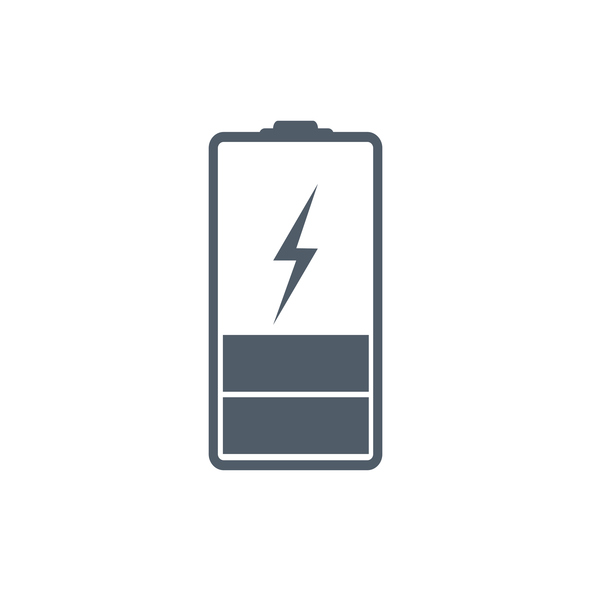 A team of researchers from the Joint Center for Energy Storage Research is taking a potential major step toward developing energy dense, safe solid state magnesium-ion batteries.
A team of researchers from the Joint Center for Energy Storage Research is taking a potential major step toward developing energy dense, safe solid state magnesium-ion batteries.
This research marks another step in pursing batteries that utilize solid electrolytes, which could offer significant safety benefits over conventional lithium-ion batteries.
The work was developed out of efforts to create a magnesium battery with a liquid electrolyte. While magnesium has promising properties for energy storage, the researchers had trouble finding a viable liquid electrolyte for the technology that wouldn’t corrode.
“Magnesium is such a new technology, it doesn’t have any good liquid electrolytes,” said Gerbrand Ceder, co-author of the research and member of ECS. “We thought, why not leapfrog and make a solid state electrolyte?”


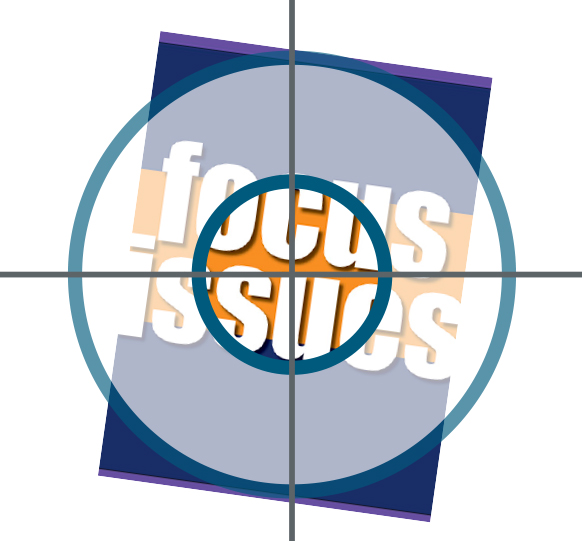 Submission Deadline: December 26, 2017
Submission Deadline: December 26, 2017 A
A 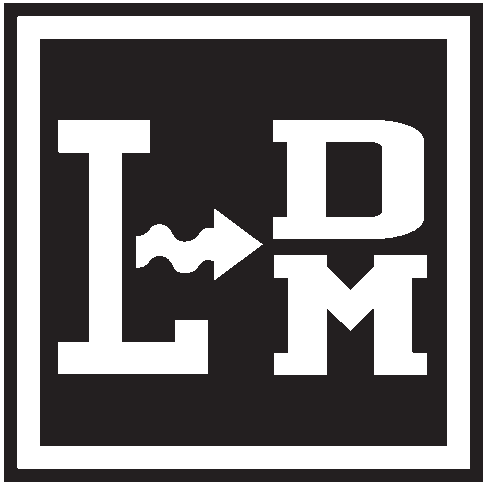 Centennial Outstanding Achievement Award
Centennial Outstanding Achievement Award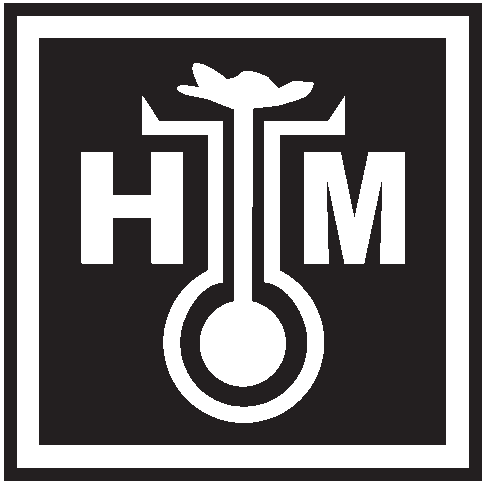 The ECS HTM Division is currently accepting nominations for the following award:
The ECS HTM Division is currently accepting nominations for the following award: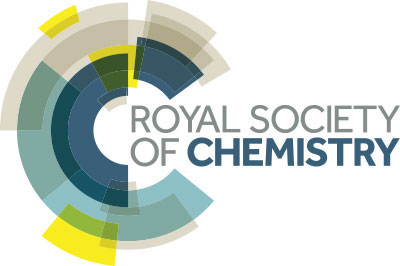 This is the formal call for nominations for the Geoffrey Barker Medal of the RSC Electrochemistry Group for 2018.
This is the formal call for nominations for the Geoffrey Barker Medal of the RSC Electrochemistry Group for 2018. In early November, a
In early November, a